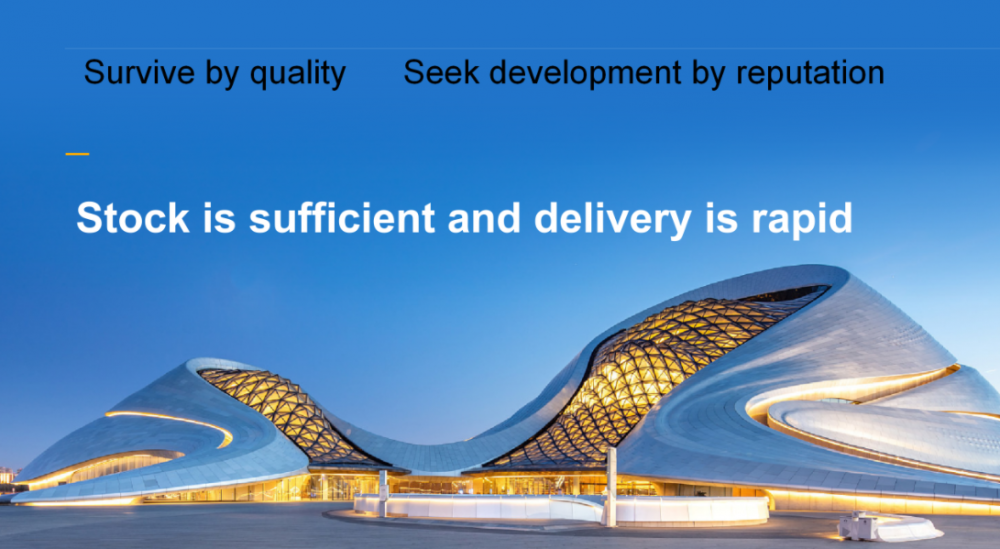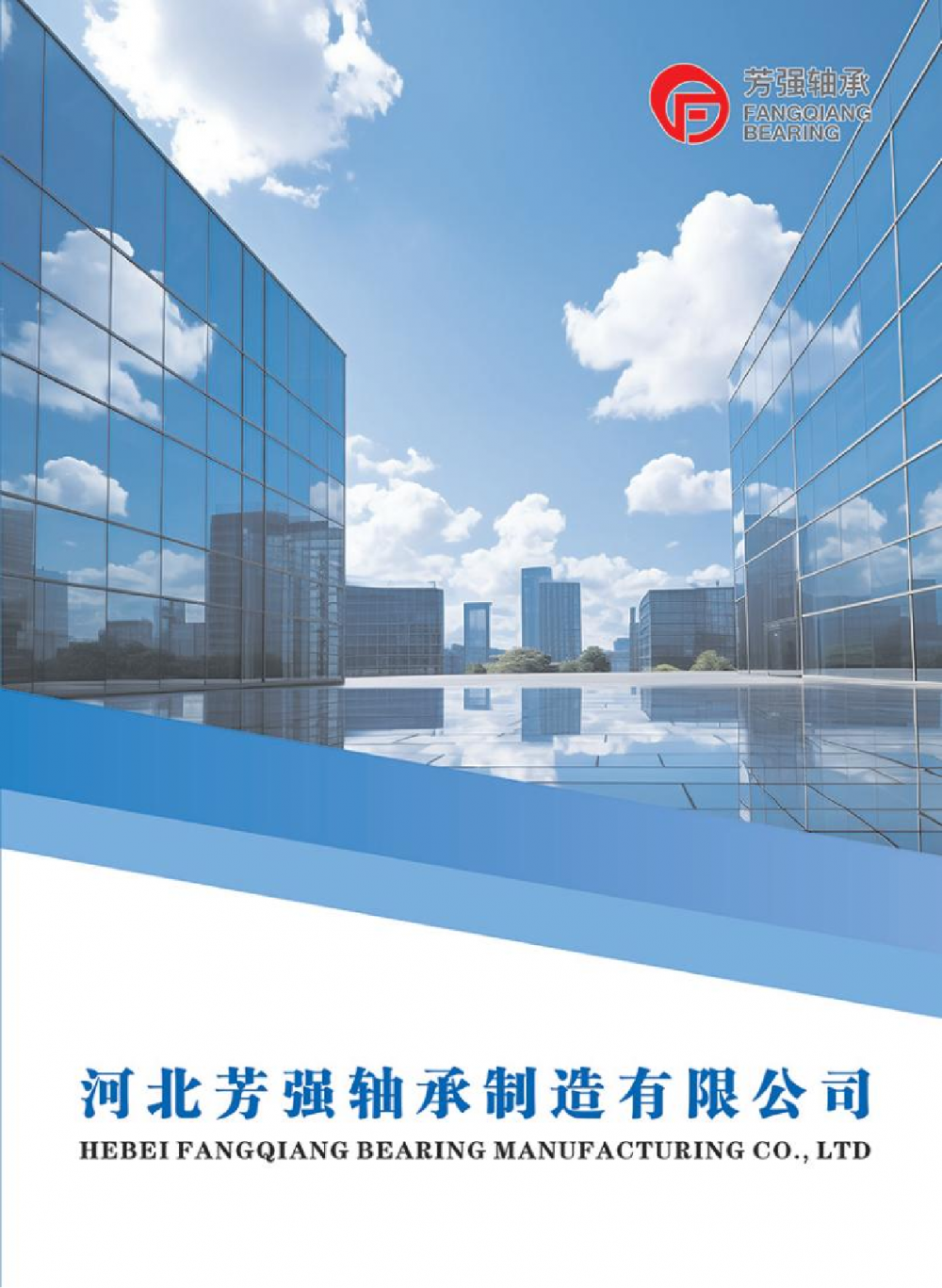In mid-December, South Korean chemical company OCI and German Wacker Chemical Group announced plans to expand production almost simultaneously. The two companies will invest $1.6 billion and $1.5 billion respectively to increase polysilicon production capacity for solar cell production. The total annual production capacity will reach 42,000 tons, which will help meet market demand. These two expansions have allowed the solar PV industry to relax its nerves.
South Korea's OCI plans to invest $1.6 billion in a mountainous city in Gunsan, South Korea, to build a plant with an annual capacity of 20,000 tons. It is expected to be completed and put into operation in October 2012. At the same time, OCI is also planning to retrofit an existing polysilicon plant to increase its production by 7,000 tons. According to OCI's strategic goal, by the end of 2012, the company's annual polysilicon production capacity will reach 62,000 tons, making it the world's largest polysilicon supplier.
According to the investment plan just announced by Wacker Chemie, the company will build a polysilicon plant with an annual capacity of 15,000 tons in Cleveland, Tennessee. It is expected to be completed and put into operation in 2013, when it will create 650 jobs. According to the US Recovery and Reinvestment Act of 2009, the project was identified as capable of promoting the development of manufacturing related to clean energy. Wacker Chemical Group received 128.5 billion of the plant from the US government in January this year. The tax deduction for the dollar.
This year, Wacker Chemie has taken several actions to ensure the production of polysilicon. In June of this year, the company successfully acquired the FESIL Group's metal-grade silicon production base near Trondheim for 65 million euros to ensure the long-term reliability of its metal silicon raw materials. In April, the company's expansion plant in Burghausen, Germany, officially put into operation, making its polysilicon annual production capacity more than 25,000 tons, plus its annual production capacity of 10,000 tons of polysilicon plant at the Nünchritz production site in Germany. WACKER's annual production capacity of polysilicon in Germany exceeds 35,000 tons. In this way, by 2013, WACKER Chemical Group's annual polysilicon production capacity will reach 50,000 tons.
Previously, Japan Deshan Chemical Company also announced that it is preparing to build a 6,000-ton polysilicon plant in the Samalaju Heavy Industry Park in Malaysia. The plant will be officially started in early 2011 and is expected to be put into operation in spring 2013.
Over the past three years, it has been ups and downs for polysilicon and solar module manufacturers. Jensen Exeter, a researcher at Lux Research Institute who is engaged in emerging technology consulting work, explained that although the solar subsidy policy in European countries promoted rapid growth in demand in 2008, the supply of polysilicon could not keep up because Building such a device requires a long preparation time. The overcapacity in 2009 caused the price of polysilicon and solar modules to plummet. This year, the increase in solar installed capacity in Germany has contributed greatly to the doubling of global demand.
The Lux Research Institute expects that polysilicon prices will continue to strengthen next year, market growth will be more moderate, and related manufacturers will benefit from the rise in polysilicon prices.
Spherical roller bearings have two rows of rollers that are mainly subjected to radial loads, but also axial loads in either direction. It has a high radial load capacity, which is especially suitable for working under heavy loads or vibration loads, but cannot withstand pure axial loads. The raceway of the outer ring of this type of bearing is spherical, so its self-alignment performance is good, and it can compensate for the coaxiality error.
There are two rows of symmetrical spherical rollers, the outer ring has a common spherical raceway, the inner ring has two raceways inclined to an angle with the bearing axis, has good self-alignment performance, when the shaft is bent or installed differently when the bearing can still be used normally, the self-alignment varies with the bearing size series, the general allowable self-alignment angle is 1~2.5 degrees, the load capacity of this type of bearing is larger, in addition to being able to bear the radial load, the bearing can also bear the axial load of two-way action, and has good impact resistance, In general, spherical roller bearings are allowed to operate at a lower operating speed.


Spherical Roller Bearings,Precision Ball Bearings,High Temperature Bearings,Spherical Roller Thrust Bearing
Hebei Fangqiang bearing manufacturing Co., LTD , https://www.fangqiangbearing.com